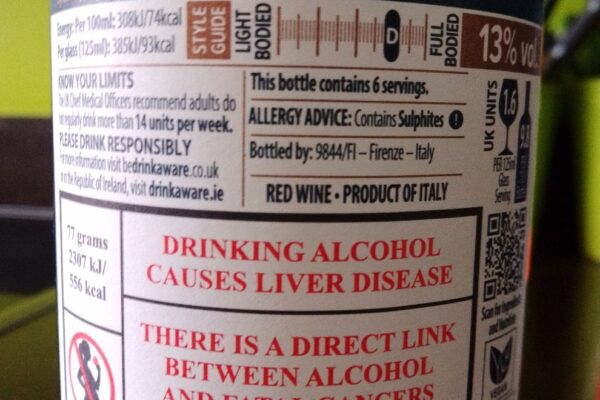
At the London Wine Fair on 21 May 2025, Harshal Gore from PackUK, an arm of Defra, provided an update on the ongoing developments around Extended Producer Responsibility (EPR). While acknowledging EPR as strategically sound, Gore admitted the scheme has suffered repeated setbacks. He pointed out that 2025 has marked significant progress, with the establishment of PackUK and the initiation of a new finance system managed by an external software firm. A collaborative approach with monthly meetings involving industry stakeholders has also been adopted to guide the project.
Key updates include the release of a Recyclability Assessment Model (RAM), offering producers a red-amber-green system to evaluate packaging recyclability. Further details are expected on 27 June, when base EPR fees and a new modulation policy will be announced. This policy is designed to incentivise the use of recyclable and biodegradable materials by linking fees to environmental impact. Additionally, PackUK’s five-year strategy will be published at the end of June, outlining its vision and targets.
However, the EPR’s implementation has raised concerns within the packaging and drinks industry. Panellists Martin Hyde and Nick Kirk criticised the current weight-based fee model, which inadvertently favours less recyclable but lighter materials. They highlighted examples showing how glass, despite its high recyclability, is penalised with higher fees compared to low-recyclability alternatives. Even proposed fee modulation may not sufficiently correct these discrepancies unless it is applied at an extreme level.
While Gore noted the potential shift towards a Producer Responsibility Organisation (PRO) model, common in other countries and now being explored by UK producers, questions remain over the timing and effectiveness of these reforms.
Reflecting on my own experience in the IT sector, I see a concerning parallel. When too many stakeholders are involved without clear, unified leadership, systems often become bloated, misaligned and ultimately fail to deliver optimal solutions. The EPR scheme’s challenges echo this, with well-intentioned strategies undermined by fragmented execution, too much delegated responsibility and competing priorities. Without streamlined governance and decisive action, even robust frameworks risk being derailed by complexity and conflicting interests.














